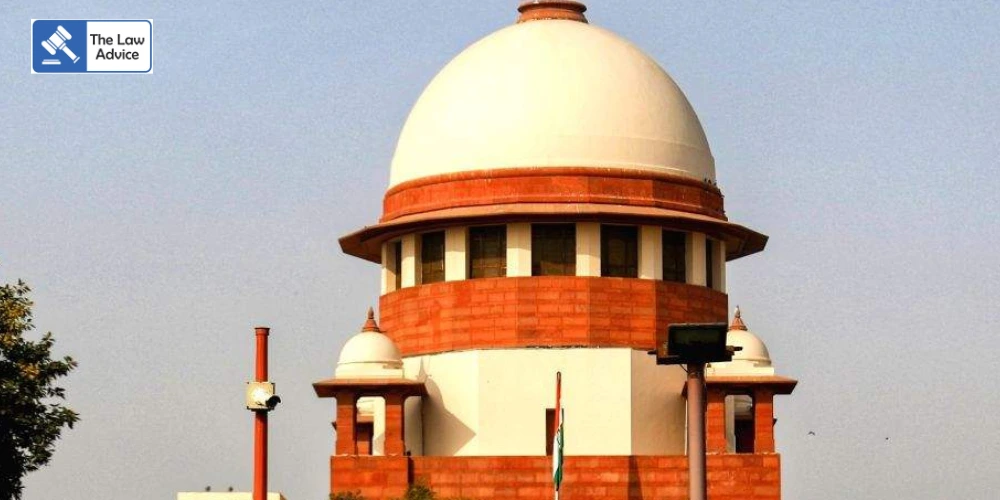The Supreme Court has ruled that an oral gift (hiba) under Muslim law cannot be invoked as a “surprise instrument” to claim ownership over a property without fulfilling its three essential conditions—a clear declaration by the donor, acceptance by the donee, and transfer of possession, all conducted openly and transparently rather than in secrecy.
A Bench comprising Justices Ahsanuddin Amanullah and SVN Bhatti made the observation while setting aside a Karnataka High Court judgment that had recognized the respondent’s ownership over 10 acres of land, allegedly gifted to her by her mother through an oral gift in 1988. The Supreme Court held that in the absence of any mutation in land records or other evidence showing possession, the claim of gift could not be sustained.
The Court emphasized that while oral gifts are permissible under Mohammedan law, they must be accompanied by “acts of ownership” such as collecting rent, holding title, or effecting mutation in revenue records. A failure to reflect such possession in public records can render the alleged hiba invalid.
“The precedents are that to constitute a valid conveyance through an oral gift, the three contemporaneous conditions of declaration by donor, acceptance by donee, and possession by donee must be established through contemporaneous evidence. The hiba cannot be used as a surprise instrument and must be completed in public knowledge rather than in secrecy,” the Court observed.
The Bench further elaborated on the three requisites for a valid oral gift under Mohammedan law:
1. A clear manifestation of intention by the donor to make the gift.
2. Acceptance of the gift by the donee, either expressly or impliedly.
3. Delivery of possession—actual or constructive—of the gifted property to the donee.
The judgment, authored by Justice SVN Bhatti, underscored that delivery of possession is the decisive factor to establish the validity of a hiba. In this case, the respondent’s failure to promptly seek mutation of her name in the revenue records, coupled with continuous entries in favor of the appellants and their predecessors, clearly indicated that the possession remained with the donor’s family, and not the donee.
“While Mohammedan law allows a gift to be made orally, its validity depends upon contemporaneous and continuous evidence of possession. The absence of mutation, continued control by the donor, or lack of evidence showing the donee’s ownership all indicate that no valid gift was ever completed,” the Court held.
Referring to the revenue records (Exhibits P-2 to P-5 and D-9 to D-43), the Court noted that they consistently reflected the defendants’ names in both the title and possession columns. The respondent’s oral evidence failed to inspire confidence, particularly in light of her long silence and inaction over the property.
“The courts below erred in presuming possession in favor of the plaintiff based solely on self-serving statements. The prolonged inaction and lack of contemporaneous evidence negate any claim of a valid oral gift,” the Supreme Court concluded.
Accordingly, the appeal was allowed, and the judgment of the Karnataka High Court was overturned.
The Bench referred to precedents including Mansoor Saheb v. Salima and Rasheeda Khatoon v. Ashiq Ali (2014) 10 SCC 459 to reinforce that oral gifts under Mohammedan law must be proved through acts of possession and public acknowledgment.
Cause Title: Dharmrao Sharanappa Shabadi & Ors. v. Syeda Arifa Parveen
